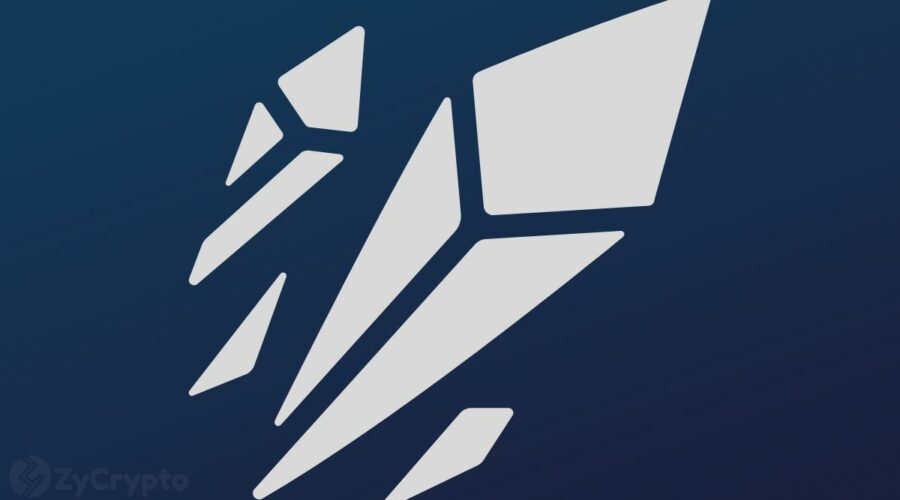Bitcoin Sees Spike in Transfer Fees Following Ordinals Launch
A week after Bitcoin’s controversial NFT platform rocked the centre of crypto discussions, transaction fees on the blockchain are beginning to see a significant surge.
Over the last nine days, a 120% surge has been recorded, with fees inching closer to the $2 mark. The last time Bitcoin charged above $2 for a transaction was back in November 2022, on the heels of the FTX saga.
For block miners, this represents good news. An increase in block activity drives traffic to the network offering miners increased incentives as they solve cryptographic problems.
Ordinals have so far created over 18,000 block inscriptions resulting in a growing list of unconfirmed transactions nearing 25,000. As the cost of transactions increases, miners have found ways to recoup net losses from mining.
Current data as of report time shows the cost of mining BTC to tally around $24,620. This is slightly higher than the market value of Bitcoin, which fell from its $23k stronghold to trade at $22,708. Without the benefit of transaction fees, miners are currently left with an average loss of $1,300.
Much Content, Less Substance
A cursory look at the Ordinals page reveals thousands of pixelated cryptopunk-esque NFT images inscribed on the blockchain. Critics have argued that these add less value to the network unofficially designated as a blockchain for financial transactions.
Bitcoin is built in such a way that new entrants to the network will have to download the entire compiled blocks of transactions at registration, making it inefficient storage-wise, many argue. But Ordinal’s creator, Casey Odarmor, believes otherwise. In the NFT space, value is heavily subjective to the owner’s perception, and the increase in incentives for miners constitutes value.
Block size projections
So far, all block categories on the network have remained under 500 Gigabytes in aggregate since the start of February. With the current trend, 4MB blocks are expected to use up to 4.0 terabytes (TB) over the next three decades. The 2MB block size is estimated to be half that figure at 2.2 TB, whilst 1.1MB blocks reach a 1.5TB size. To make the network less cumbersome, Bitcoin will have to figure out a way to filter out NFT blocks.
The network, which recently wiped off close to $50 million in long positions at the start of February, is still grappling up the path to attain long-lost ATH levels.
Source: Read Full Article

